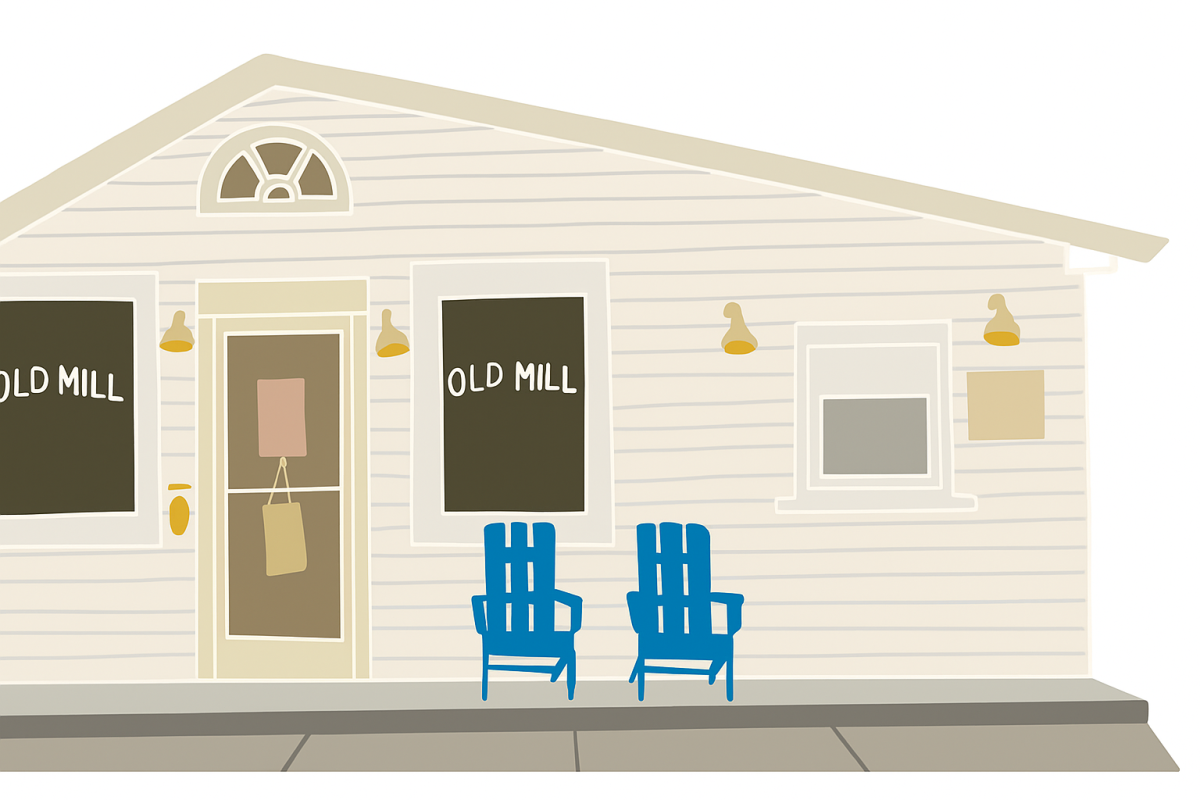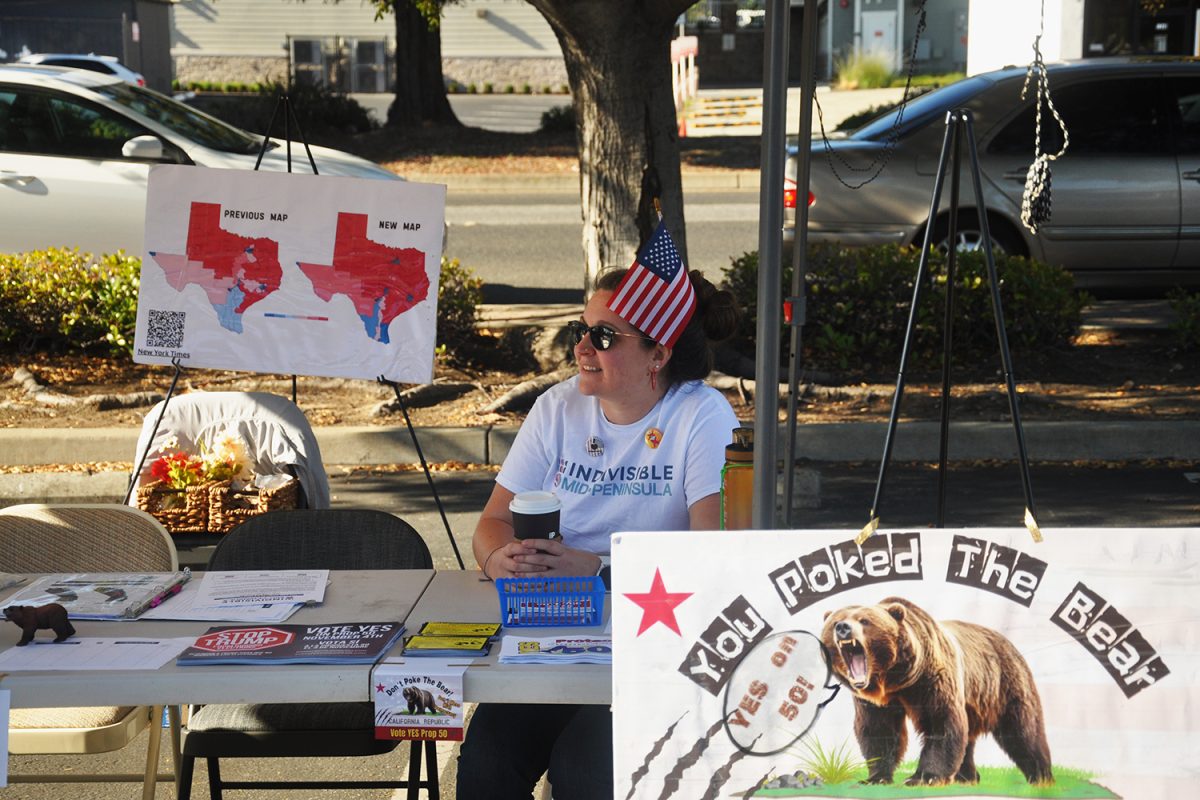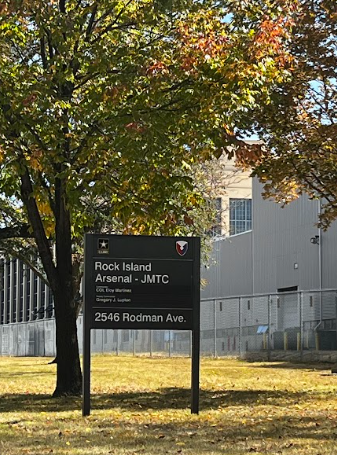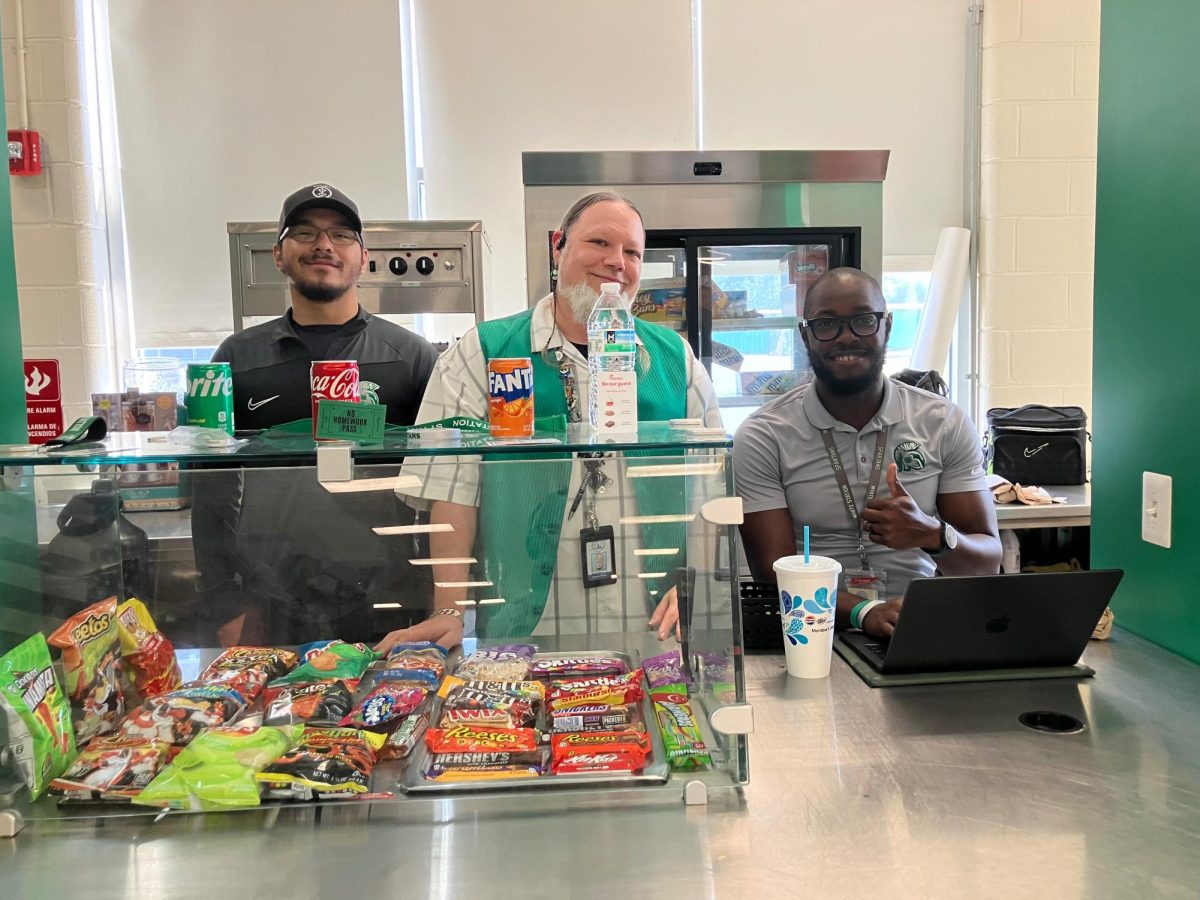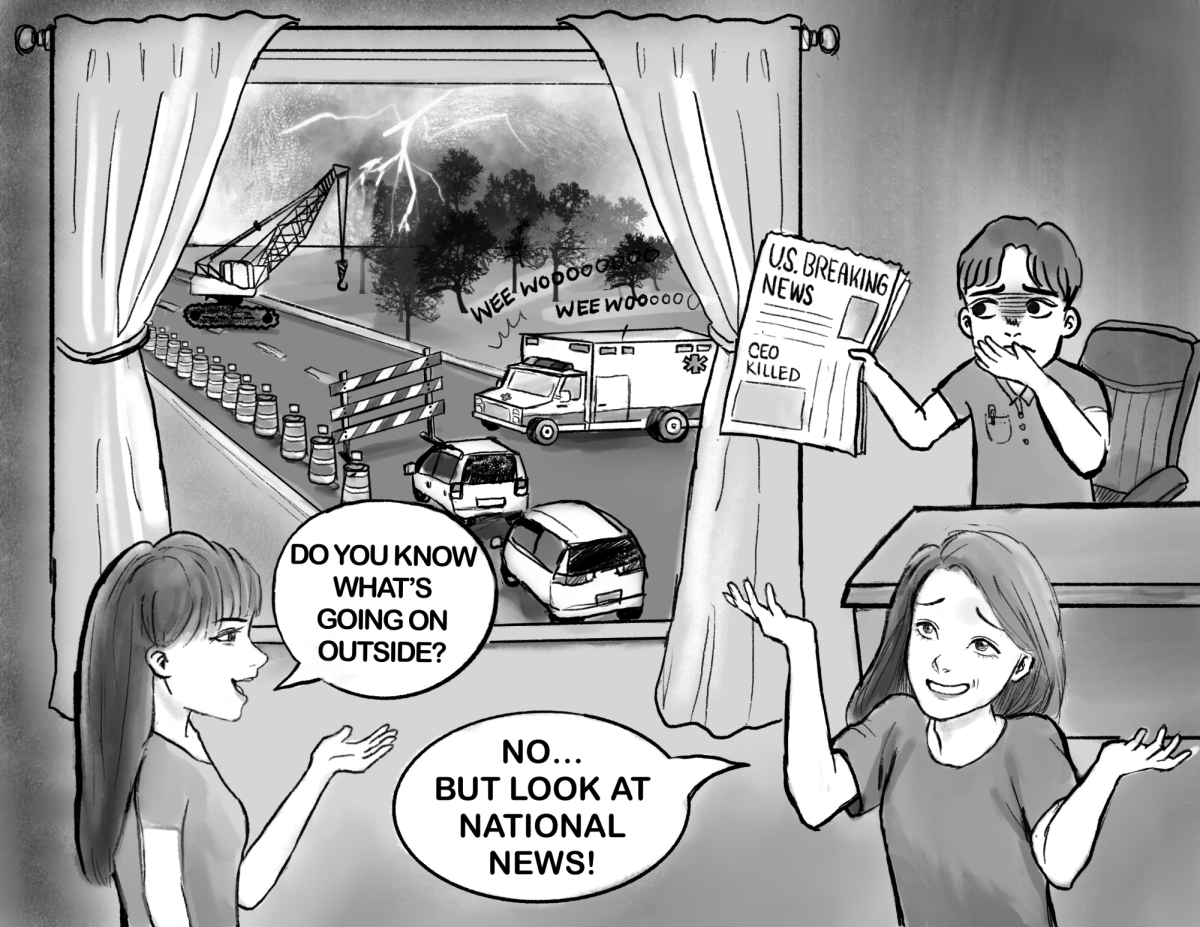In the past year alone, 130 newspapers have shut down across the country. Illinois was home to six of these now-shuttered papers, following an extremely concerning nationwide trend. Since 2005, over 3,200 print newspapers have shut down across the U.S., according to the State of Local News Project, published by the Medill Local News Initiative.
Since 2005, over 70% of the total employment in the newspaper industry has disappeared as a result of many such cost-cutting measures and shuttering of papers from ownership driven by profits and Wall Street conglomerates.
While our corporate overlords gut our community newspapers, we suffer as a society and democracy. People are less informed about community elections, events, governmental happenings and even seemingly-frivolous elements such as obituaries or wedding announcements. All of these build stronger communities. In times when we as a country are more divided, community news organizations can help bring us together.
Governmental decision making on the local level — the bread and butter of local coverage — can be far more impactful to one’s life than many decisions made at a state or national level. The roads you drive on, the schools kids attend, the taxes you pay: they all result from local decisions. The press offers the opportunity for the public to be informed about potential changes to these instrumental parts of people’s lives. Without the press, how many people are reading their city council or school board agendas online? It’s the press’ job to be the watchdog for the people, and our job to pay attention to what they report.
Local newspapers can also help offer unbiased information. In many “news deserts,” where a city or county lacks a dedicated news source, citizens turn to social media, which is oftentimes factually incorrect and unobjective. This can create misinformed citizens isolated by social media echo chambers, spreading division and misunderstanding among neighbors, and making communities worse-off.
We’re partly to blame ourselves. Social media has brutalized many papers, and with fewer people relying on traditional forms of news, we’ve become less educated as a result. We value news less, and our society doesn’t adequately financially support papers.
While the loss of news sources is mainly concentrated in rural areas dissimilar to Naperville and other surrounding communities, this disturbing trend equally impacts us.
Recently, massive hedge fund and private-equity conglomerates have been snapping up newspapers left and right. Chicago’s flagship paper, the Chicago Tribune, fell victim to the cutthroat grips of Alden Global Capital in 2021, who proceeded to gut the newsroom and make the publication a shell of its former self.
This has had a greater trickle-down effect on Naperville itself. The Naperville Sun, Naperville’s main newspaper, is currently owned by the Tribune. For a city of almost 150,000 people, a staff of two reporters and no full-time sports staff is embarrassing. If you’ve seen the print edition lately, most of its coverage is reprinted from other Tribune outlets or wire stories covering national issues.
To help fix the problem that now affronts many communities, we need to value news more. Many innovative methods to save remaining papers are currently trying to stop the shuttering. Illinois is home to a tax-credit system meant to help local news organizations. Many grants offered to news organizations predominately serve urban areas, and it would be beneficial to see the issuing organizations also focus on smaller papers in rural areas. The student press can also be an answer, offering community-focused coverage in many areas that lack a traditional outlet.
Ultimately, people need to put their money where their mouth is. Don’t just say you appreciate community-based news, but subscribe to your local news organization, read and try to stay informed. Reach out to your representatives to see if you can help effect change on a legislative level to help community-based journalism. Our country depends on it.
This story was originally published on The Central Times on December 16, 2024.


